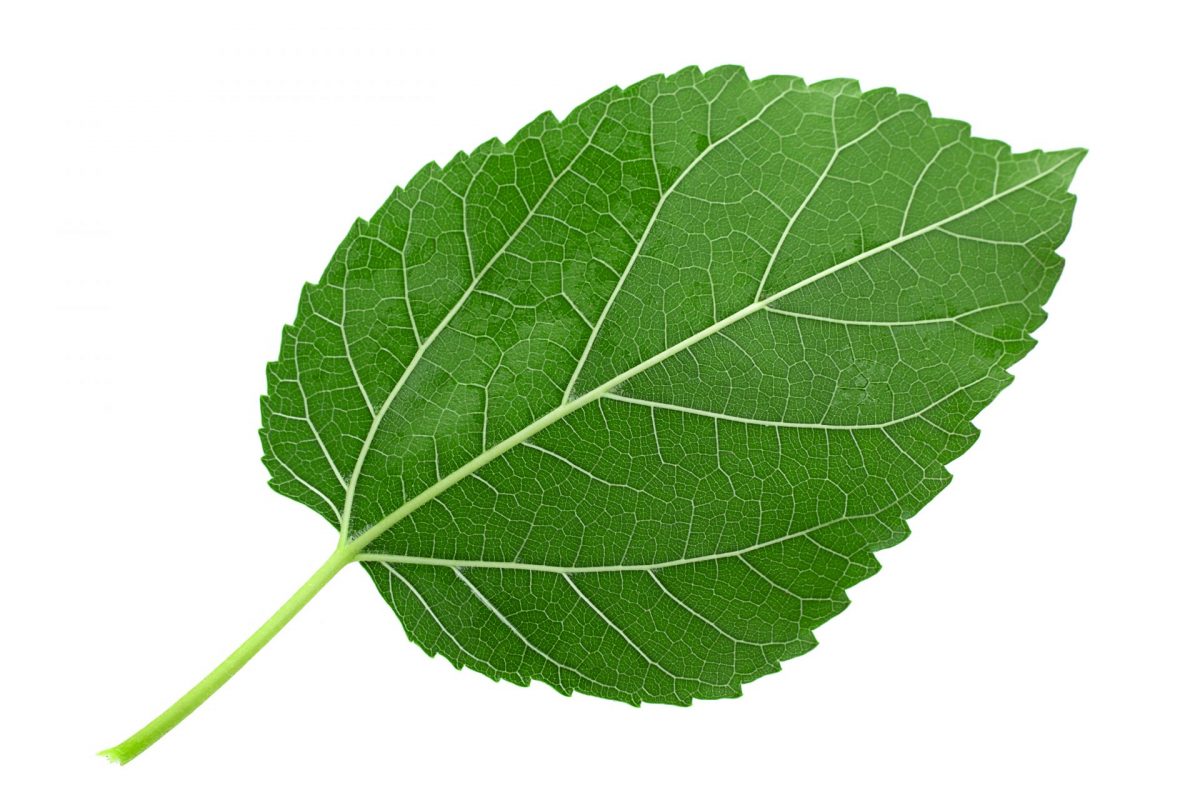Mulberry leaf, scientifically known as Morus alba, is the leaf of the mulberry tree and has been used for centuries in traditional medicine systems, especially in Asian countries like China, Korea, and Japan. The mulberry tree is native to Asia but is now cultivated in many parts of the world for its leaves and fruits. Mulberry leaf is rich in various bioactive compounds that contribute to its numerous health benefits. In this comprehensive guide, we will explore the uses, benefits, and precautions associated with mulberry leaf.
I. Uses of Mulberry Leaf:
Traditional Medicine: Mulberry leaf has been used in traditional medicine for various purposes. In Chinese medicine, it is commonly used to treat conditions like diabetes, high blood pressure, high cholesterol levels, and inflammation.
Culinary Purposes: Mulberry leaves can be used in cooking as an ingredient in various dishes. They can be used to wrap and steam food, added to soups and stews, or brewed into teas. Mulberry leaf tea is a popular beverage in many cultures.
Silk Production: Mulberry leaves are the primary food source for silkworms, which are used in silk production. The leaves are harvested and fed to silkworms to facilitate silk production.
II. Benefits of Mulberry Leaf:
- Antioxidant Properties: Mulberry leaf contains antioxidants such as flavonoids, phenolic compounds, and vitamin C. These antioxidants help protect the body against oxidative stress and reduce the risk of chronic diseases.
- Blood Sugar Control: Mulberry leaf has been studied for its potential in managing blood sugar levels. It contains compounds that may help regulate glucose metabolism and improve insulin sensitivity, making it beneficial for individuals with diabetes or prediabetes.
- Cholesterol Management: Some studies suggest that mulberry leaf may help lower cholesterol levels. The bioactive compounds in mulberry leaf can inhibit cholesterol synthesis, reduce the absorption of dietary cholesterol, and promote the excretion of cholesterol from the body.
- Blood Pressure Regulation: Mulberry leaf has been traditionally used to manage high blood pressure. It contains compounds that may help relax blood vessels and promote blood flow, thus contributing to the regulation of blood pressure.
- Anti-Inflammatory Effects: Certain compounds found in mulberry leaf possess anti-inflammatory properties. They may help reduce inflammation in the body, which is associated with various chronic conditions like arthritis, cardiovascular diseases, and certain types of cancer.
- Weight Management: Some research suggests that mulberry leaf may aid in weight management. It can potentially inhibit fat absorption, reduce adipose tissue formation, and regulate appetite, making it a beneficial addition to a healthy diet and lifestyle.
III. Precautions:
- Allergies: Individuals with known allergies to mulberries or other related fruits may also be allergic to mulberry leaf. It is advisable to exercise caution and consult a healthcare professional before using mulberry leaf products.
- Drug Interactions: Mulberry leaf may interact with certain medications, including blood sugar-lowering drugs and anticoagulants. If you are taking any medications, it is important to consult your healthcare provider before using mulberry leaf supplements or extracts.
- Pregnancy and Breastfeeding: There is limited scientific evidence regarding the safety of mulberry leaf during pregnancy and breastfeeding. It is best to avoid its use during these periods or consult a healthcare professional for guidance.
- Surgery: Mulberry leaf may have blood-thinning effects, which could increase the risk of bleeding during and after surgery. It is recommended to stop using mulberry leaf products at least two weeks before a scheduled surgical procedure.
- Dosage and Quality: When using mulberry leaf supplements or extracts, it is important to follow the recommended dosage instructions provided by the manufacturer. Ensure that you purchase products from reputable sources to ensure their quality and purity.
- In conclusion, mulberry leaf has a long history of traditional use and is associated with various health benefits. From its potential in blood sugar control and cholesterol management to its antioxidant and anti-inflammatory properties, mulberry leaf offers a range of advantages. However, it is crucial to exercise caution, especially if you have underlying medical conditions or are taking medications. As with any herbal supplement, it is advisable to consult a healthcare professional before incorporating mulberry leaf into your health regimen.
- Comprehensive Review The Top Gummies & Softgels By Science-Ritecbd - May 1, 2024
- Mulberry Leaf: Uses, Benefits, and Precautions - July 15, 2023
- Support Clearer Skin With Diy CBD Beauty Paste - June 23, 2023

